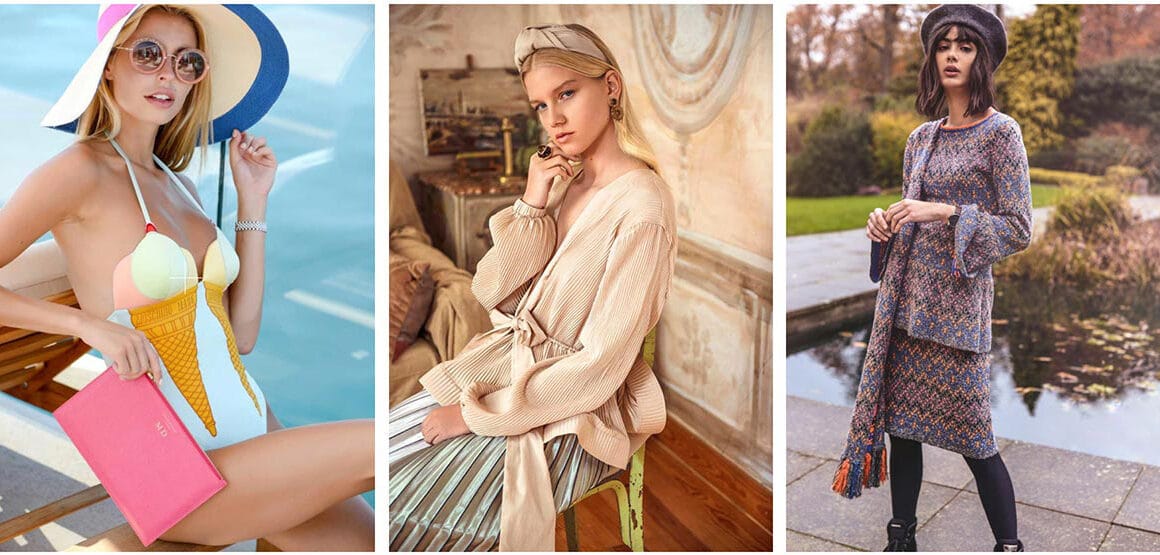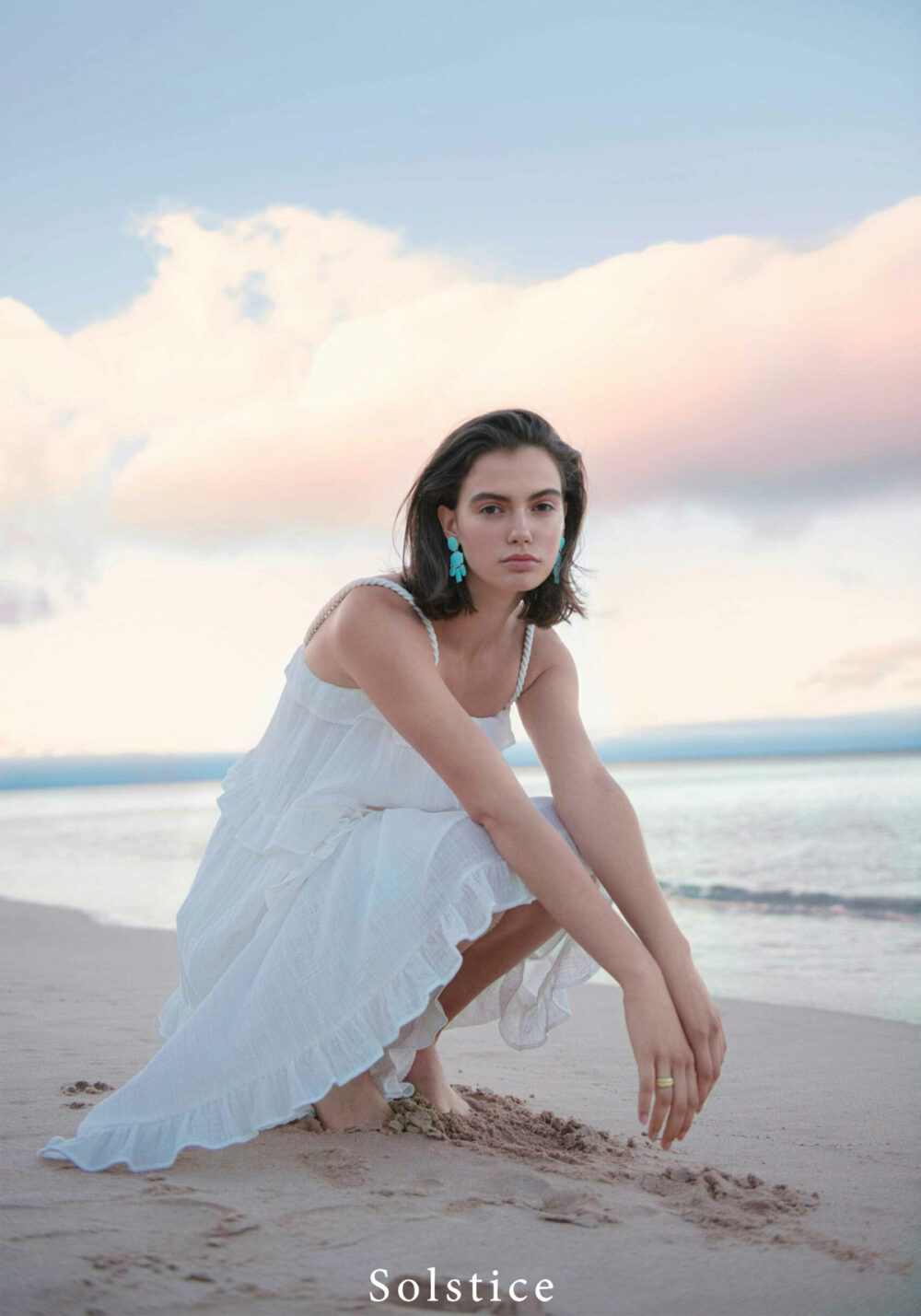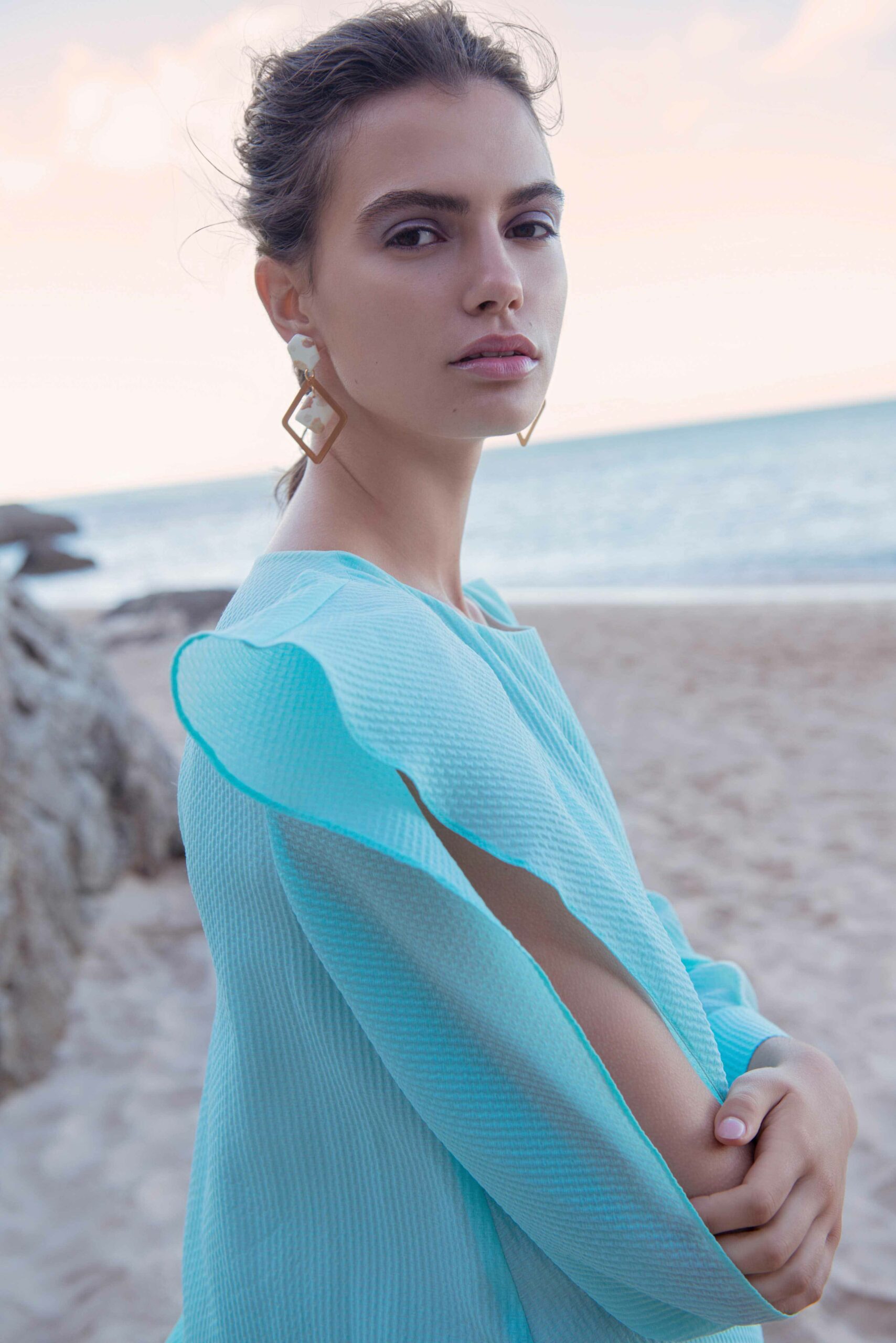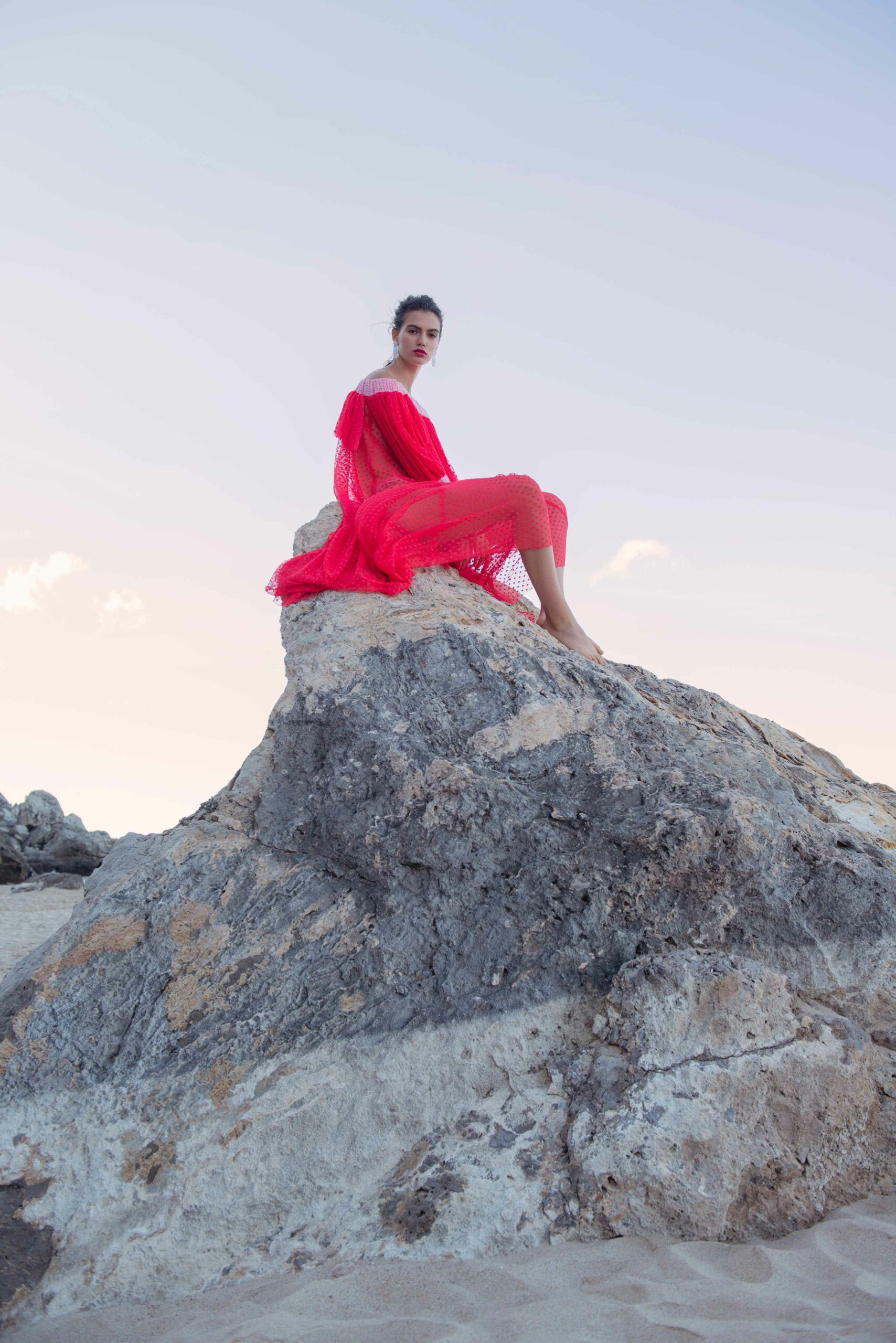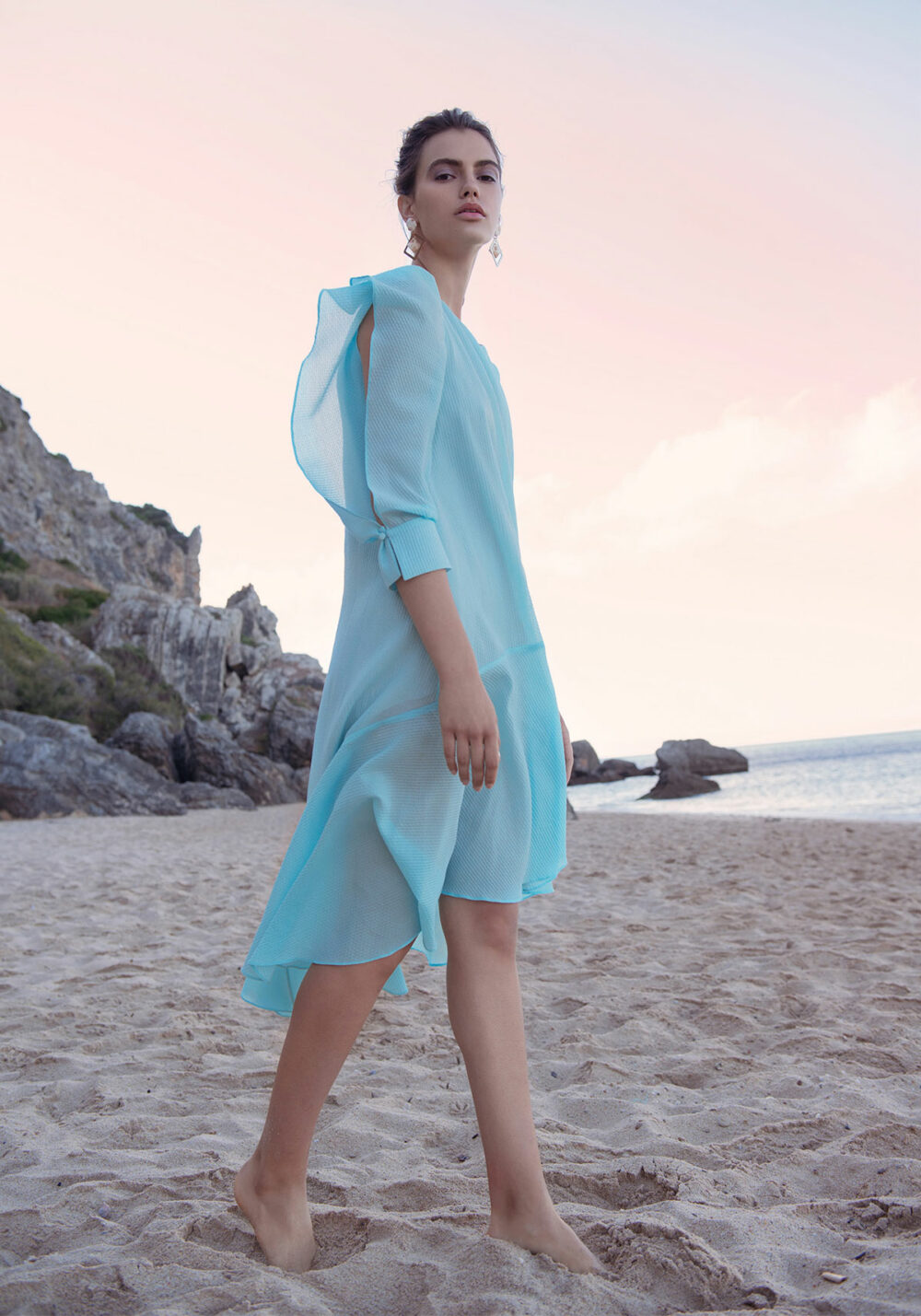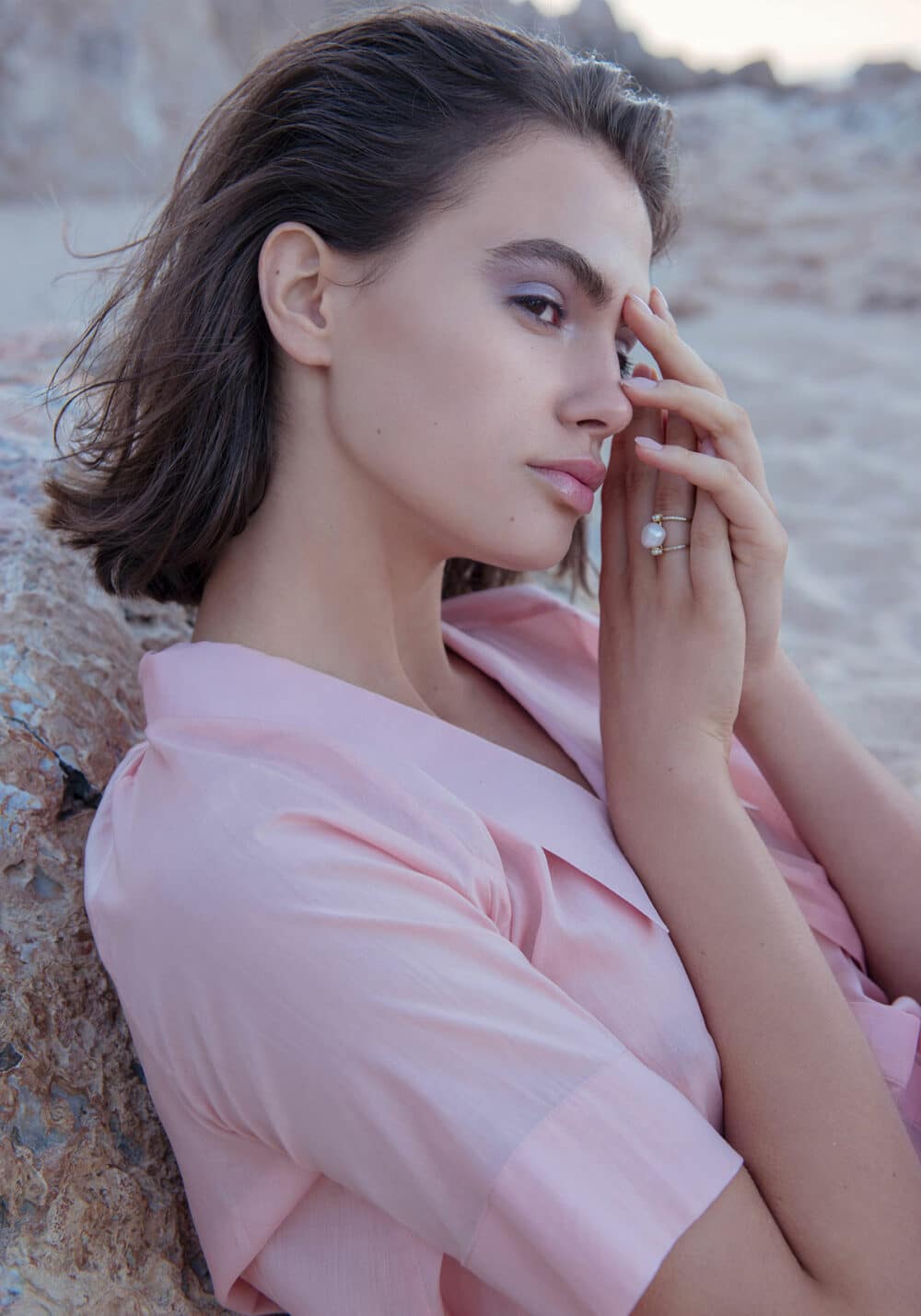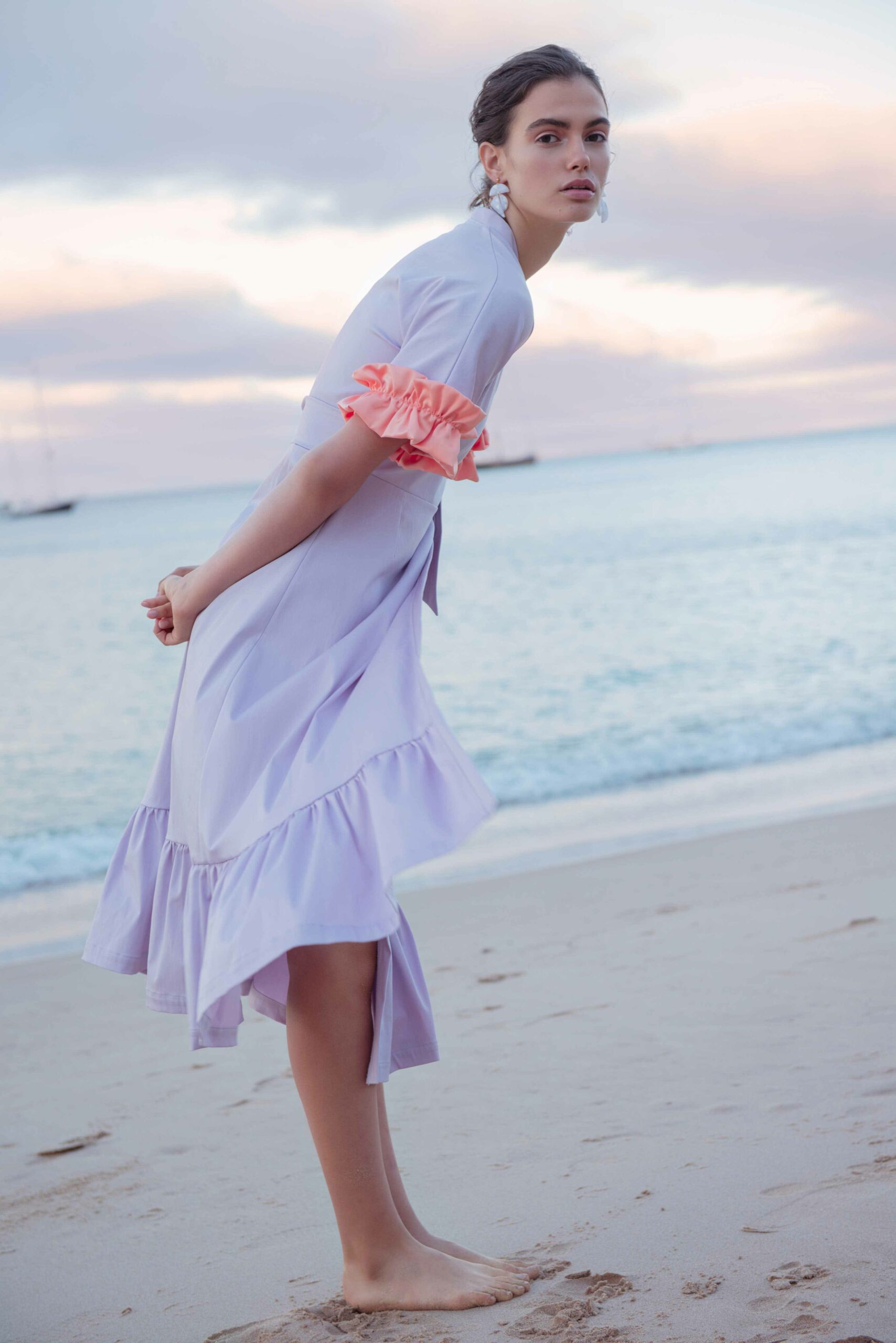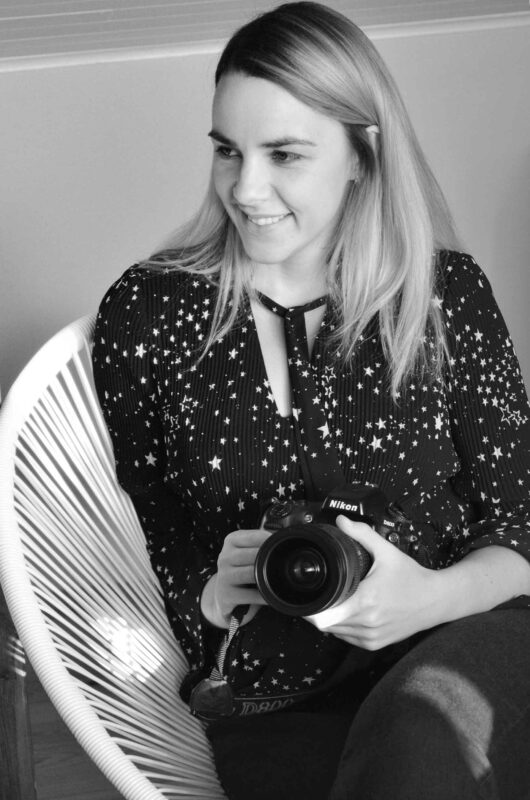How I Started My Career in Freelance Photography
Want to turn your passion into something more & start a Freelance Photography Career? Now’s the time to do it and I’m going to show you how.
A freelance photography career is very similar to the opportunity of running your own business, its one of those dreams a lot of us have! Nobody looking over your shoulder, no boss micro-managing your every move, the ability to take a siesta in the afternoon… the last one might just be a personal plus point for me, but you get the point! A freelance career in what ever field promises freedom, but that newfound freedom can also bring greater responsibility, because if you’re not working, there’s nobody else to pick up the slack. But if you’re dedicated, passionate & you’re sure that a freelance photography career is right for you, it can be the most rewarding thing in the world.
It sure has made me feel on top of the world! I am truly passionate about my job and photography. Even waking up at 4am to shoot a personal project isn’t an issue! I just had to catch a glimpse of these MAGICAL pink fluffy clouds in shot…. and WOW it was so WORTH IT!
When I first started as a freelance fashion photographer in London over 10 years ago, it was a daunting prospect. Not knowing where to start, how much to charge and how much work was really involved were just some of the questions I was asking myself. Being freelance means it’s up to you to find out the answers to these (and many more) questions as you progress, be it through trial and error or seeking out advice from the wise old sages of the industry – ultimately, you hold the key to your own success. Personally, I hope to never start a 9-5 job again, because the level of control I feel right now, not just in my career, but also in my personal life could never be replicated with a full-time, feet under the desk position. Not only am I able to work on projects that inspire me, I am also free to roam and continue my freelance photography career wherever I choose!
How to Become a Freelance Photographer in London.
Many successful photographers start off with part-time freelance work, then gradually become full-time freelance photographers after they have learnt the ropes from working some time in the industry. However, a career in freelance photography can be different as it poses some special challenges. First, photography is an art. It takes a special passion and skill to successfully capture the essence of a scene. Second, all the equipment needed can be pretty expensive compared to other freelance businesses. To get started as a web designer for example, requires you to simply open your laptop and turn it on!
To succeed with your freelance photography business, you will need to have a good understanding of photography techniques and you’ll also need to make an initial investment in a camera, lenses etc. That being said, I have some tips for getting your new career off the ground and show you how to really standout so you can be a successful freelance photographer.
Invest in Good Equipment
Now, this may come as a bit of shock, but photographers need cameras and investing in the right one can be pivotal to your success. Don’t rush into any hasty purchases because that may hurt you down the line, not just in terms of cost but also the type of camera you choose may determine the style of photography you can successfully shoot. Check out my post here on the types of cameras for different fields of photography.
To get started you only really need a few pieces of equipment to begin a freelance photography career – a camera, lenses and a flash. You may also need reflectors, diffusers and lights to create high quality photos. This is especially true for photographers who shoot portraits or stock photography. These aren’t cheap, so once you’ve got the basics try and befriend someone who has the other pieces of equipment you need and work out some kind of trade off. Once you’ve got to the level that you can afford to buy the equipment yourself, pay the favour back to those just starting out. It’s just good karma!
Out of all of these pieces of equipment, good lenses are the most important. So once you start making a steady income, I would recommend that you invest some of that money back into your business and purchase new lenses.
Come up with a Business Plan
A business plan doesn’t need to be an exact outline of your business, but it needs to act as a framework that you can reference when you lose direction or focus in your freelance photography career.
Write down a description of your photography business, figure out what niche you want to explore, what area of photography you want to target, what makes your photography unique and state your goals and objectives going forward. It is essential to be very organised throughout the process of planning and executing a business strategy. The more detailed and goal oriented you are, the easier it will be to turn your weekend hobby into a serious career.
As part of your business plan, you will also need to think about the fun stuff like what name you’d like to register, your branding and how your website will look but also think about your taxes and costs… Working out a financial budget will really help you in the steps ahead.
Create Your Own Website
Your website is going to be at the forefront of your freelance photography business. It will, without a doubt, be the place where most people will judge you when they are considering hiring you for a job. So effort and/or money invested here is definitely worth it. Spend some time carefully selecting the images you wish to showcase on your website. Don’t just show as much work as possible. You are only as good as your worst photo, so in this case, less is certainly more.
If you’re just starting out and thinking ‘Well, I don’t even have much to make a website with’, it’s time to fill your weekends putting shoots together with like-minded friends or working for free/experience in order to build up your portfolio. Reach out to aspiring models who are willing to work in exchange for shots for their own portfolio. This is the best way to obtain experience without the pressure of a paid job. And as long as the work you produce is of a high standard, nobody will care if you did it for free.
Never lose your passion for photography. It can be very easy once you start getting paid jobs to forget why you started a freelance photography career in the first place. I have always tried to maintain a healthy balance between paid photo shoots and projects that are just for me. Not only does it keep me creative, but it also helps me to network with more people within the industry, which in turn usually leads to bigger and more frequent work. Create a blog that you update consistently as a form of accountability. That will force you to show up every single day, keep shooting things you love and continue flexing that creative muscle of yours! With hard work, you’ll be able to add real personality to your website and build a steady community of people that are interested in your work, making it easier to attract new clients.
These days you don’t have to be a web designer to create a good-looking website, there are so many platforms out there that offer free sites with stylish templates that are easily customisable. Check out Wix, Squarespace or if you’ve got a little more tech knowledge, WordPress.com. For more free website options for photographers check out this article.
How Much Should I Pay a Photographer Per Hour?
Figuring out how to price your work in any industry can be both difficult and frustrating, even more so as a freelance photographer in London and especially if you’re just starting out. I still find it somewhat difficult to discuss the prospect of payment options with clients over email, let alone in person! How are you supposed to know how much a client has to spend? You wouldn’t want to underbid or sell yourself short, but you don’t want to overbid and lose the job!
The question you need to ask your client is ‘What budget are you trying to work with?’
For me, I don’t think its right to quote prices or an hourly rate on a first meeting, even if it’s just to give the client an idea. I believe you should use the information that a potential client has just given you from the question above to evaluate and figure out the right price for you, and for them. Make sure to discuss everything about a project in detail before you agree on a price and sign any type of contract. Not doing this could lead to a costly mistake down the line. Imagine quoting and agreeing to an initial price and then subsequently realising that the job is twice as much work as you had previously thought, you’re going to be pretty unhappy!
If you don’t take time to set out what is included in the price that you’ve set, the client will always ask for more. This can turn what should have been a profitable job, into a never-ending nightmare in which you’re too afraid to ask for more money. If someone asks you to go above and beyond what was originally planned, don’t be scared to explain that this would require an additional payment. It’s a business at the end of the day and you need to stay strong in order to be successful.
How Many Hours Will I Work?
How many hours a photographer works entirely depends on the type of photography that he/she specialises in and whether they are officially employed.
But, on average, how many hours do photographers work? Usually, they work 40 or more hours per week (just like most people do). But there’s a twist! Some photographers might have a Monday to Friday schedule and work 8 hours per day, while others (wedding photographers, for example) will be working all these 40+ hours throughout one weekend.
The actual working day of a photographer is not always located in a studio, behind a camera. In order to have a successful freelance photography career you need to spend time doing things that actually get you your next job in the studio. Be it marketing yourself on social media, creating and editing a website, contacting prospective clients, putting a future shoot together… the list is endless and the length of a photographer’s day is as long or as short as they need it to be. At the beginning of your freelance photography career, you will certainly spend quite a few long hours not only honing your craft, but also learning how best to market yourself within the industry. That my friend takes time and patience!
How Can I Put Myself Out There?
Once you have created your website with an online portfolio and you’ve filled up your Instagram account with lots of shots of you & your art, it’s time to maximise the potential of you getting work. With a website and active social media accounts you are already putting yourself out there, but it can be hard to get seen by clients when you’re first getting started. So make sure you are listing yourself on platforms where potential clients can book a photographer. These days there are countless online directories that you can add your profile to, dedicated spaces that put your work in front of the right people. Behance from Adobe is probably my favourite. A cross between a social network and an online portfolio, Behance has connected me with so many creative people and because it’s created by Adobe it looks so sleek! I’d also recommend Cherry Deck, another very stylish platform that makes it an easy and accessible way to book a photographer.
If the type of freelance photography career you want is more corporate or you want to shoot weddings, engagements etc and you are a photographer in the UK, then a profile on Perfocal would probably be more suitable for you. They offer packages to their clients & organise everything on your behalf, you just turn up and shoot! This is a perfect option if you’re starting out & need some promotion or want some more hands-on experience while you’re juggling another career. If you are a photographer in London here is a great article by CrowdSkills that lists lots of other photography marketplaces that will help you to get bookings.
Starting a freelance photography career is difficult, but it definitely isn’t impossible. Believe in yourself, put yourself out there & don’t be afraid to mistakes. I know it sounds cliché, but it’s so true! I barely remember my best shoots that went without a hitch, I remember the ones with all the hiccups! But those errors have shaped me as a fashion photographer in London, by dusting myself off and recognising the mistake, I guarantee it will never happen again. Building a successful freelance photography business won’t be easy, but if you love it – it will definitely be worth it in the long term.

